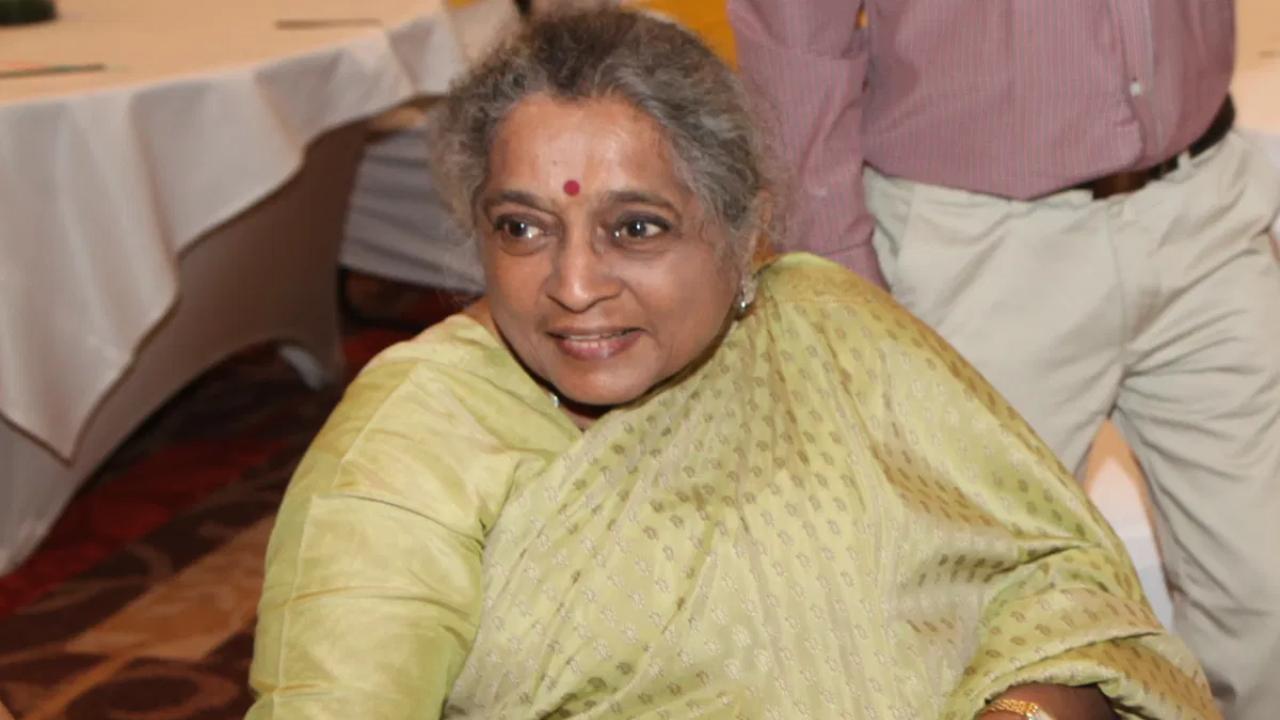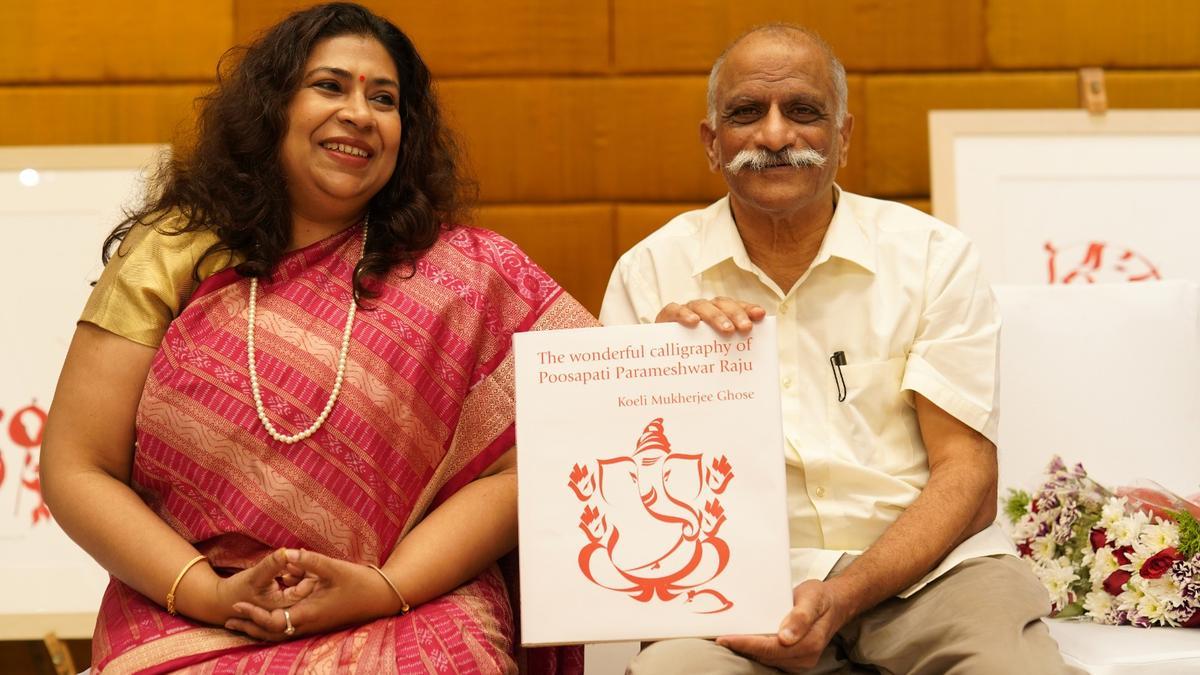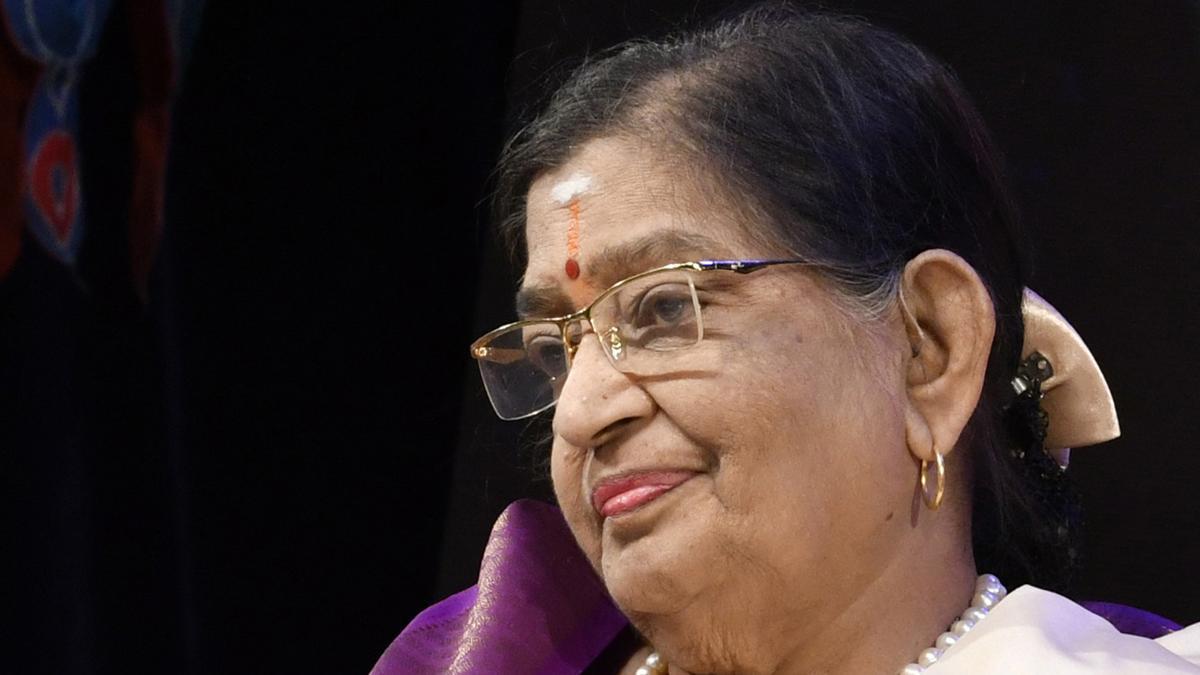
The ongoing troubles for director Honey Trehan’s gritty drama “Punjab ’95” show no signs of abating. Originally intended as a biopic on human rights activist Jaswant Singh Khalra, the film has run into significant roadblocks with India’s Central Board of Film Certification (CBFC). Starring Diljit Dosanjh and Geetika Vidya Ohlyan, this portrayal of Khalra’s life has been fiercely contested by the CBFC since its inception.
Back in July, there were reports indicating that the CBFC had not approved the movie even after suggesting 85 cuts to it. Fast forward a few months, and the situation has escalated dramatically. According to the latest information, CBFC chairman Prasoon Joshi, in conjunction with the Revising Committee, reviewed the film last month and presented a daunting new set of mandates. Sources reveal that the number of proposed changes has skyrocketed from 85 to almost 120. Among these new demands is a particularly contentious one—renaming the protagonist, Jaswant Singh Khalra, along with changing the film’s title from “Punjab ’95.”
This move has incited significant backlash from the film’s team. One insider shares, “The CBFC has suggested the film now be renamed ‘Sutlej,’ symbolizing the river that unites Punjab. Changing the protagonist’s name from Jaswant Singh is considered the most pivotal alteration. Director Honey Trehan and Producer Ronnie Screwvala have made it clear to the CBFC that this alteration undermines the film’s essence, which revolves around Khalra’s investigations into the disappearance and killing of Sikh youths during the Punjab insurgency from 1984 to 1994. They argue that the Sikh community regards Khalra as a martyr, and omitting his name would be deeply disrespectful. Furthermore, without his name, the film can no longer be classified as a biopic. The CBFC also stipulated that the movie must refrain from claiming it is based on real-life incidents, to prevent ‘swaying of sentiments.’”
The list of modifications doesn’t end there. The source continues, “In one scene, a Gurbani is recited, which the CBFC wants excised entirely. They’ve also directed the removal of any mention of Punjab and the district of Tarn Taran.
. Additionally, they demand the elimination of any display of the national flag and references to Canada or the UK from the film. Only once these changes are made will the CBFC issue the certification, possibly by the end of the week.”
A crucial meeting between Trehan, Screwvala, and the CBFC is scheduled for today. It is anticipated that the filmmakers will appeal against some of these drastic modifications.
The road to release has been fraught with challenges. “Punjab ’95” also stars Arjun Rampal and Suvinder Vicky and was first screened for the CBFC in 2022. Since then, Screwvala and Trehan have been laboring to secure its clearance. The battle led the filmmakers to court, with Screwvala contesting the initial demand for 22 cuts. Ultimately, they decided to pursue an out-of-court settlement. An earlier meeting with the Revising Committee yielded a particularly contentious demand: altering a line in the film where the protagonist asserts that over 25,000 people were killed in Punjab. The Revising Committee suggested reducing this number, but Trehan and Screwvala firmly opposed it, stating that the film’s facts were based on real-life testimonies and judgments from the CBI court in the 1990s.
Despite multiple outreach efforts, CBFC officials, including Prasoon Joshi and CEO Rajendra Singh, have remained unresponsive. Trehan and Screwvala too have been unavailable for comment so far.
The ongoing saga highlights increased scrutiny on films that delve into sensitive historical and political issues, especially around periods of significant strife like the Punjab insurgency. For the filmmakers, the process of obtaining certification presents a formidable challenge that extends beyond artistic expression into the realm of legal and socio-political maneuvering.
In sum, although the journey for “Punjab ’95” has seen numerous hurdles, the depths of its struggles underscore the persistent conflict between creative narratives and regulatory bodies. As the filmmakers prepare to confront the CBFC with their appeals, the film’s fate hangs in a precarious balance, wading through nearly insurmountable modifications and renaming pressures that threaten to strip it of its authentic voice.










